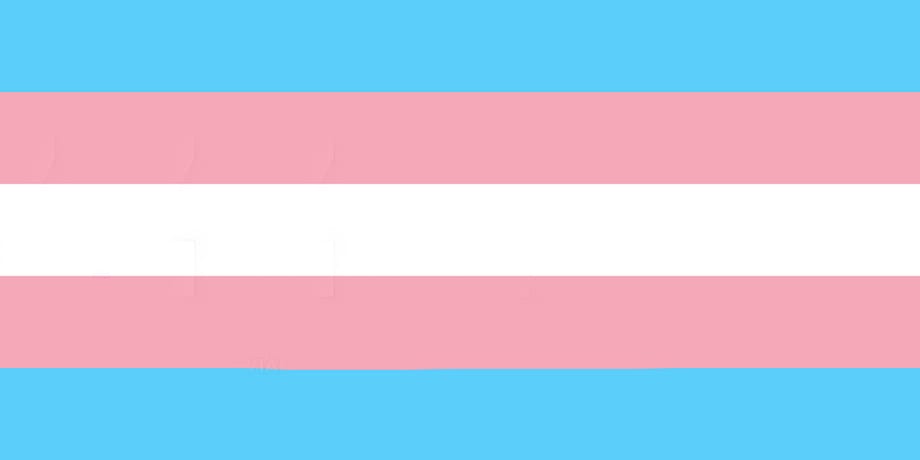
U.S. Department of Health and Human Services’ Office for Civil Rights today (Thursday, May 2) released a final rule that strengthens the ability of health care workers to refuse to provide health services for religious or moral reasons.
In a statement announcing the change, former OCR director Joceyln Samuels decried the new rules that she said could have “an immensely damaging impact on protections for vulnerable populations, including the LGBT community.”
Samuels is now director of the Williams Institute, a think tank on sexual orientation and gender identity law and public policy that conducts independent research and surveys related to LGBT issues.
“In the Obama administration, we were focused on expanding access to health care through the implementation of the Affordable Care Act and the full and balanced enforcement of anti-discrimination and provider conscience laws,” Samuels said today. “By contrast, this administration is simultaneously trying to restrict universal access to care through attacks on the ACA and expand the authorization for denials of care by religious providers. These actions stand to undermine the health and wellbeing of vulnerable communities, including LGBT people.”
According to a report by NPR, the new rule “gives health care workers leeway to refuse to provide services like abortion, sterilization or assisted suicide, if they cite a religious or conscientious objection.”
Of course it also allows health care workers to refuse to provide certain treatments for transgender people, too.
OCR Director Roger Severino said in a written statement that the rules change was intended to make sure “healthcare entities and professionals won’t be bullied out of the health care field because they decline to participate in actions that violate their conscience … . Protecting conscience and religious freedom not only fosters greater diversity in healthcare, it’s the law.”
NPR points out that until last week, the OCR’s mission, according to its website, was to “improve the health and well-being of people across the nation” and make sure people have equal access to HHS services. Under Severino, though, the OCR is focused on being “a law enforcement agency that enforces civil rights laws, and conscience and religious freedom laws, and ‘protects that exercise of religious beliefs and moral convictions by individuals and institutions,’” NPR reports.












